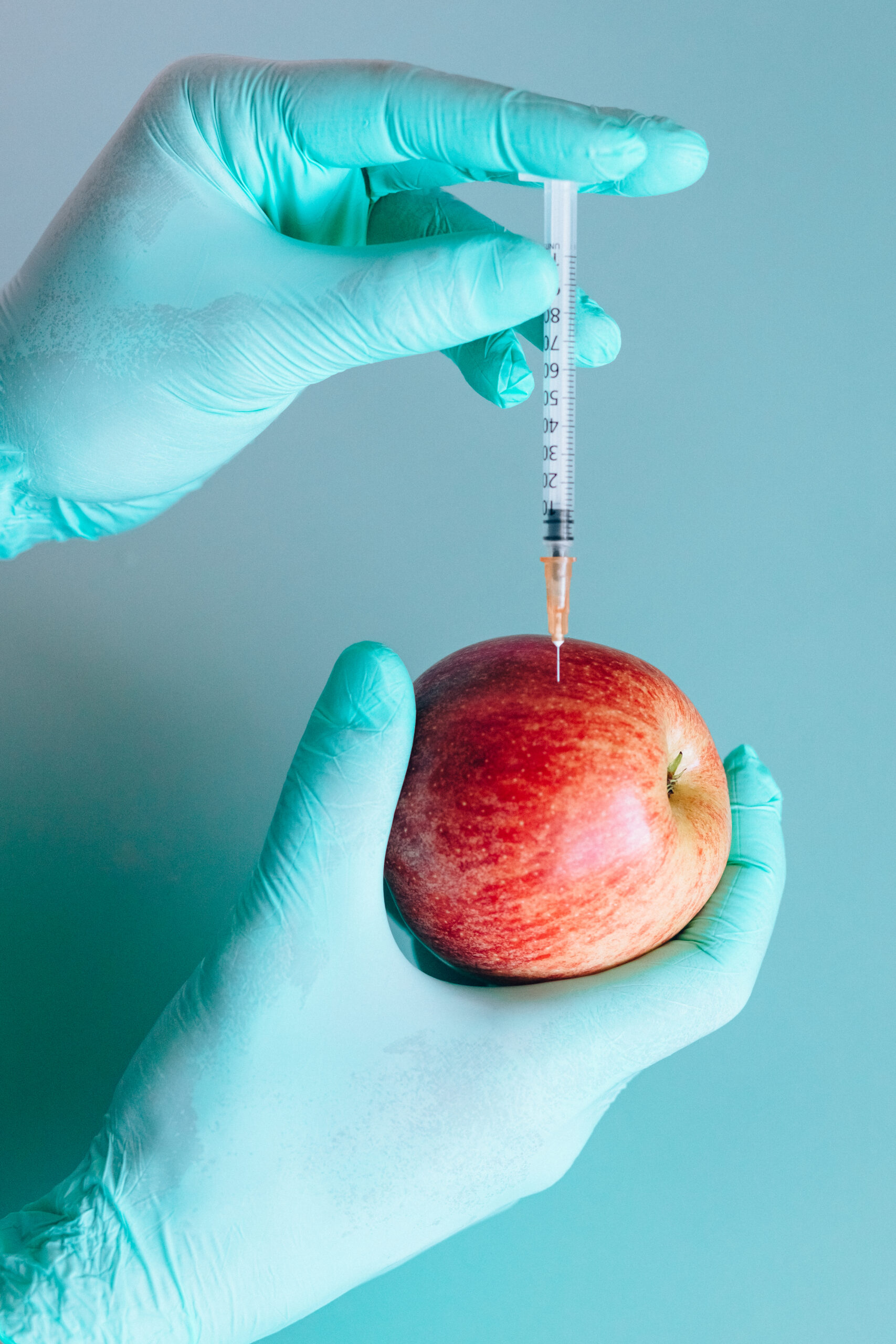Who should get the whooping cough vaccine?
Title: Who Should Get the Whooping Cough Vaccine?
Introduction:Vaccinations play a crucial role in protecting ourselves and the community from preventable diseases. Among the vaccines available, the whooping cough vaccine stands as a vital shield against a highly contagious respiratory infection. But who exactly should get vaccinated for whooping cough? Let’s explore this question and understand the importance of vaccination in preventing the spread of this potentially dangerous disease.
1. Infants and Young Children:Among the high-risk population, infants and young children are particularly vulnerable to whooping cough. Babies under the age of one are at increased risk of severe complications and hospitalization due to their underdeveloped immune systems. Vaccinating infants and young children provides a protective cocoon, reducing the risk of acquiring the infection from others who may be unknowingly carrying the bacterium.
2. Adolescents and Adults:Vaccination against whooping cough isn’t just for the young ones. Adolescents and adults should also consider getting vaccinated to protect themselves and others around them. Teenagers and adults can experience milder symptoms, often mistaking them for a common cold. However, they can still transmit the infection to vulnerable populations, such as infants and those with weakened immune systems. By receiving the vaccine, adolescents and adults contribute to reducing the overall transmission rates and protecting those at higher risk.
3. Healthcare Workers:As frontline warriors in the battle against diseases, healthcare workers are at a greater risk of being exposed to a variety of infections. This includes whooping cough, with potential dire consequences for both the healthcare workers themselves and the patients they care for. Vaccinating this group becomes crucial not only to safeguard their health but also to prevent the spread of this highly contagious disease within healthcare settings.
4. Pregnant Women:During pregnancy, a woman’s immune system undergoes changes, making her more susceptible to certain infections, including whooping cough. Additionally, there is evidence to suggest that maternal vaccination during pregnancy offers protection to newborns who are too young to be vaccinated directly. By receiving the whooping cough vaccine during pregnancy, expectant mothers can shield themselves and their newborns from this potentially dangerous respiratory illness.
5. Household Contacts and Caregivers:Household contacts, including parents, grandparents, and other caregivers, are often the most common source of infection for infants. By ensuring that all individuals who come into close contact with infants are up to date on their whooping cough vaccination, we create a protective barrier around these vulnerable young ones, significantly reducing their risk of contracting this serious illness.
Conclusion:Whooping cough, also known as pertussis, is a highly contagious disease that can cause severe illness, particularly in infants and young children. Protecting ourselves and the ones around us requires a collective effort, and vaccination plays a pivotal role. From infants and young children to adolescents, adults, healthcare workers, pregnant women, and household contacts – everyone has a part to play in preventing the spread of whooping cough. By ensuring that we are all up to date on our vaccinations, we can create a safer and healthier community for everyone. So, let’s prioritize getting vaccinated and do our part in keeping whooping cough at bay.



